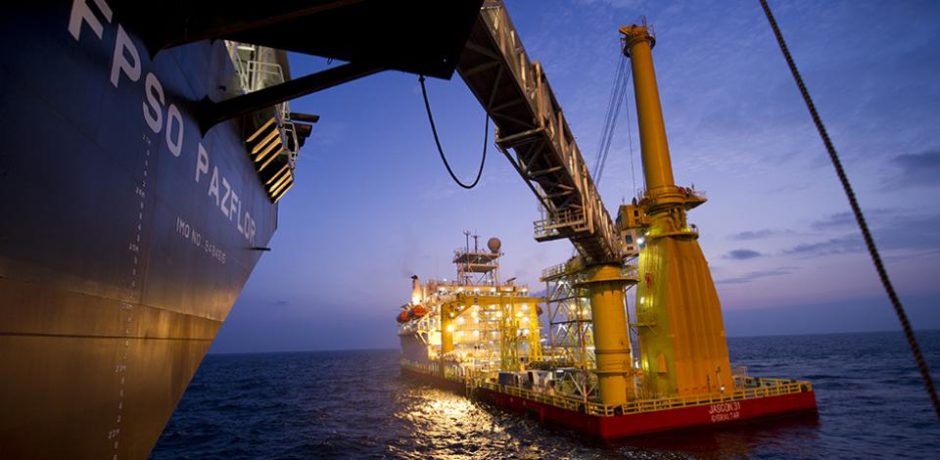
Total has begun production at its Zinia phase 2 project, on Angola’s Block 17.
The company hooked up the work to the Pazflor floating production, storage and offloading (FPSO) facility.
Zinia phase 2 involved the drilling of nine wells. It should reach 40,000 barrels per day of production by mid-2022. It is tapping a resource of 65 million barrels.
The site is in water depths ranging from 600 to 1,200 metres, around 150 km offshore.
Total delivered the additional production with a saving of $150 million off the original budget, down more than 10%. The company had previously said it would cost $1.2 billion.
“The successful start-up of this project, despite the challenges that have arisen as a result of the pandemic, demonstrates Total’s commitment to ensure a sustainable output on Block 17, for which the production licence was recently extended until 2045,” said Total’s president of Africa exploration and production Nicolas Terraz.
“Zinia Phase 2 project reflects the quality of short cycle projects in Angola with high return on investment.”
Sustaining production
Agência Nacional de Petróleo, Gás e Biocombustíveis (ANPG) CEO Paulino Jerónimo said the Zinia work was a “key project for Angola that comes at the right time to sustain the production of the country. We welcome our collaboration with Total in Angola, that keeps investing with its partners in the development of the country oil resources”.
Total has a 38% stake in Block 17, which it operates. Equinor has 22.16%, ExxonMobil 19%, BP Exploration Angola 15.84% and Sonangol P&P 5%.
The French company took the final investment decision (FID) on Zinia phase 2 in 2018.
Total does not provide production data for blocks or fields. Equinor, though, has reported production declines of around 19% on Block 17 in the first quarter of this year versus the same quarter in 2020. For Pazflor, the Norwegian company reported a year on year decline of 16%.
